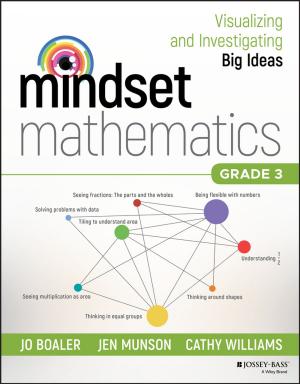| Author: | Andrew Leach | ISBN: | 9780745655208 |
| Publisher: | Wiley | Publication: | May 3, 2013 |
| Imprint: | Polity | Language: | English |
| Author: | Andrew Leach |
| ISBN: | 9780745655208 |
| Publisher: | Wiley |
| Publication: | May 3, 2013 |
| Imprint: | Polity |
| Language: | English |
What is Architectural History? considers the questions and problems posed by architectural historians since the rise of the discipline in the late nineteenth century. How do historians of architecture organise past time and relate it to the present? How does historical evidence translate into historical narrative? Should architectural history be useful for practicing architects? If so, how? Leach treats the disciplinarity of architectural history as an open question, moving between three key approaches to historical knowledge of architecture: within art history, as an historical specialisation and, most prominently, within architecture. He suggests that the confusions around this question have been productive, ensuring a rich variety of approaches to the project of exploring architecture historically.
Read alongside introductory surveys of western and global architectural history, this book will open up questions of perspective, frame, and intent for students of architecture, art history, and history. Graduate students and established architectural historians will find much in this book to fuel discussions over the current state of the field in which they work.
What is Architectural History? considers the questions and problems posed by architectural historians since the rise of the discipline in the late nineteenth century. How do historians of architecture organise past time and relate it to the present? How does historical evidence translate into historical narrative? Should architectural history be useful for practicing architects? If so, how? Leach treats the disciplinarity of architectural history as an open question, moving between three key approaches to historical knowledge of architecture: within art history, as an historical specialisation and, most prominently, within architecture. He suggests that the confusions around this question have been productive, ensuring a rich variety of approaches to the project of exploring architecture historically.
Read alongside introductory surveys of western and global architectural history, this book will open up questions of perspective, frame, and intent for students of architecture, art history, and history. Graduate students and established architectural historians will find much in this book to fuel discussions over the current state of the field in which they work.















